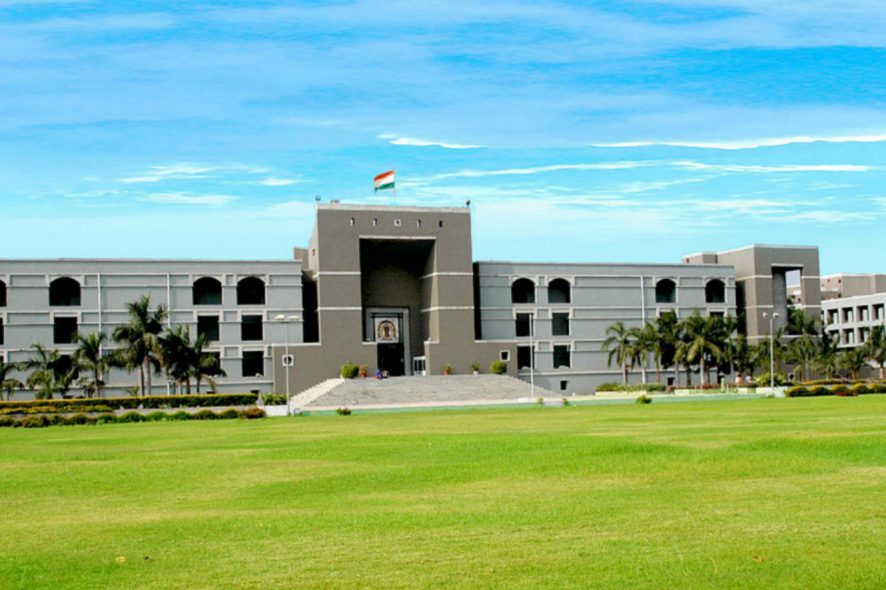Gujarat High Court: Ilesh J. Vohra, J., heard a matter related to offences alleged under Sections 376 (2) (n), 377, 406, 498(A), 323, 294(b), 506(2) and 114 of the Penal Code, 1860 and under Section 4 of the Dowry Prohibition Act which was filed seeking to quash and set aside the impugned FIR and consequential proceedings.
The wife in the FIR had alleged that her husband right from day one of their marriage indulged in sexual acts with her against her wishes and raped her. It was alleged that, her sister-in-law and her three daughters as well as another sister in law though residing outside the country or in other States in India, also harassed her on domestic issues and demanded dowry, as a result, the complainant came to her parental home at Ahmedabad.
The Court prima facie was of the view that it was a matrimonial dispute between the husband and wife and ingredients for the alleged offence were not made out qua the applicants. Even the allegations of dowry and harassment are also prima facie not established against the present applicants as the applicants are residing in their respective States and country since long considering the law laid down in Ravinder Singh v. Sukhbir Singh, (2013) 9 SCC 245 where it was held,
“the inherent power of the court in dealing with an extraordinary situation is in the larger interest of administration of justice and for preventing manifest injustice being done. Thus, it is a judicial obligation on the court to undo a wrong in course of administration of justice and to prevent continuation of unnecessary judicial process. It may be so necessary to curb the menace of criminal prosecution as an instrument of operation of needless harassment. A person cannot be permitted to unleash vendetta to harass any person needlessly. Ex debito justitiae is inbuilt in the inherent power of the court and the whole idea is to do real, complete and substantial justice for which the courts exist. Thus, it becomes the paramount duty of the court to protect an apparently innocent person, not to be subjected to prosecution on the basis of wholly untenable complaint”.
The Court further opined that at the stage of investigation, the High Court cannot exercise its inherent jurisdiction to quash the proceedings unless it is found that, allegations do not disclose the commission of cognizable offence or the power of investigation is being exercised by the police mala fidely or where noninterference would result in miscarriage of justice as held in Jehan Singh v. Delhi Administration, (1974) 4 SCC 522. The Court granted interim relief making the matter returnable on 27-11-2020.[Steffi Waring v. State of Gujarat, 2020 SCC OnLine Guj 1531, decided on 09-10-2020]
Suchita Shukla, Editorial Assistant ahs put this story together







